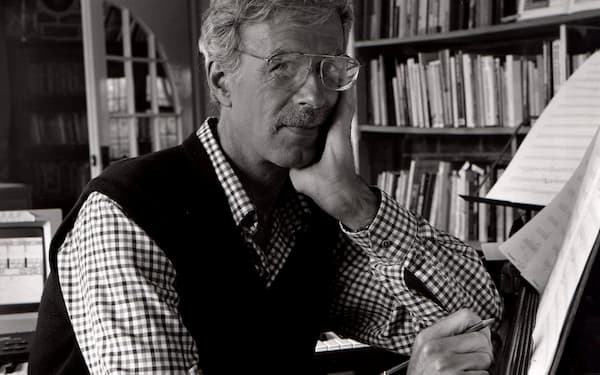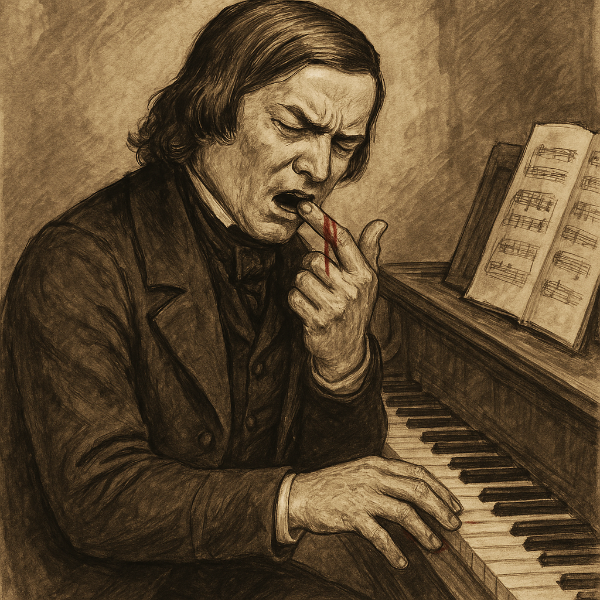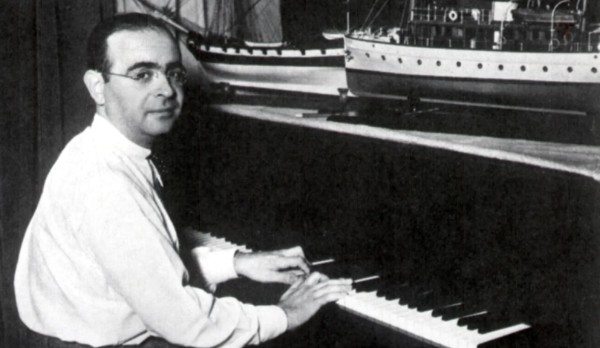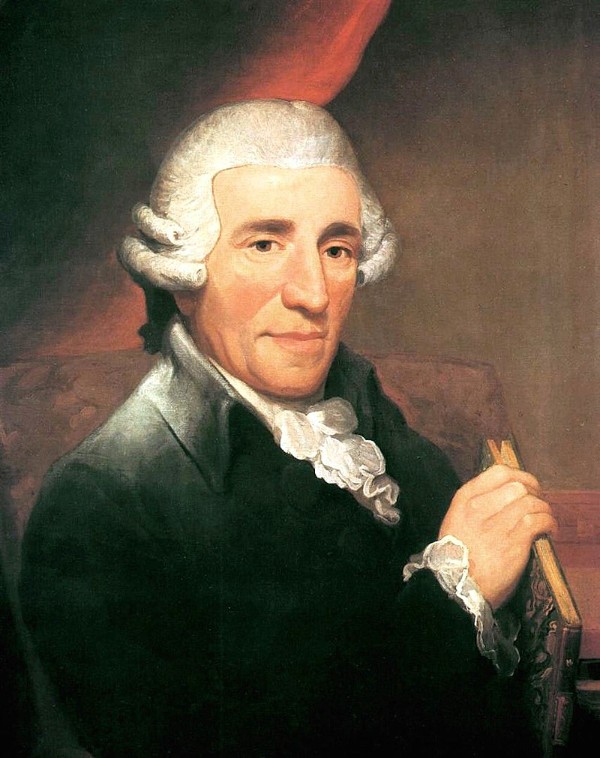The foundation of meditation is achieving a peaceful state and then remaining in that state. Your attention is focused on rest. Your ever-active thoughts still come to a pause. This state of tranquil stillness, known as Shamata, is that point of tranquil abiding.
All of our days are spent thinking: about people, about situations, about the future, about the past, about what we could have done better. To leave that all behind and take a mental break. Think about not thinking – it’s rather difficult.
Turn off the telephone. Answer no summons. Turn inward and focus down to your core of calm. You can’t not think – that’s the way our minds are built. But you don’t have to think about the actions of those thoughts. You’re not in a stupor but in the bright, clear moment of mindfulness.
English composer Jonathan Harvey (b. 1939) started his work in music as a chorister and worked through doctorates at the University of Glasgow and the University of Cambridge.

Jonathan Harvey
He studied with Erwin Stine and Hans Keller before an invitation from Boulez brought him to IRCAM in Paris. Although he has an extensive number of works in the field of electronic music and was given the first Giga-Hertz Prize in 2007 by the Centre for Art at Media in Karlsruhe for his lifetime’s work, Pierre Boulez received the award in 2011.
A dual commission by the Riverside Symphony (New York City) and the Bournemouth Orchestras inspired Jonathan Havey’s Tranquil Abiding. It’s scored for chamber orchestra, with two players on the wind parts, but without trombones. The percussion section is expansive and includes tam-tams, tuned gongs, resonating bamboo clusters and a group of small bowls and bells (he suggests ‘a small Taiwan temple bowl, 3 Japanese rins, 3 high crotales, 2 small suspended bells’).

Japanese Rin Bell
The work is based on ‘a single, slow breathing rhythm’, consisting of an ‘inhalation’ on an upper note and an ‘exhalation’ on a lower one. The melodic fragments range in length from one pitch to three, to five, to eight, and to fifteen pitches.
Jonathan Harvey: Tranquil Abiding (BBC Scottish Symphony Orchestra; Ilan Volkov, cond.)
Breathing becomes an audible and organic phenomenon and returns us, in the end, to where we began. We’re not going on a spiritual journey but a journey around the self. Breath, be calm, and find tranquillity.
For more of the best in classical music, sign up for our E-Newsletter



